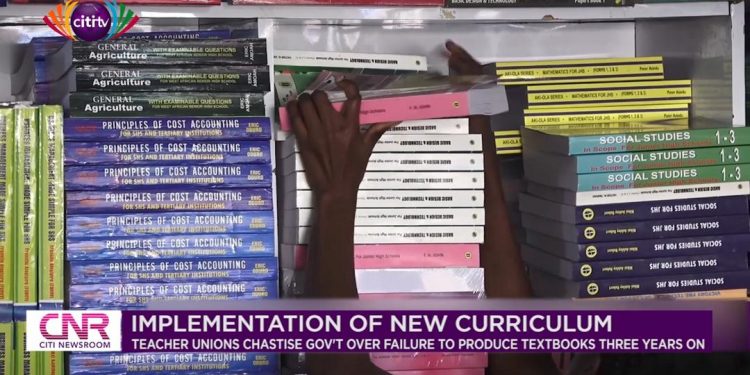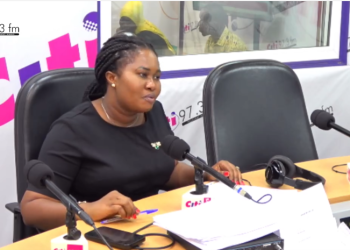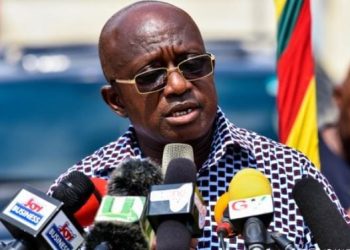Basic school teachers in Ghana have for the past three years been faced with the challenge of implementing a new standard-based curriculum without the required learning materials.
Since its rollout in 2019, teachers across the country are yet to access the requisite learning materials intended to aid teaching and learning in the various basic schools.
The new standards-based curriculum which was implemented in September 2019 was rolled out from Kindergarten to Class 6 in primary schools.
President Nana Akufo-Addo who announced the implementation indicated that the new curriculum would focus on making children confident, innovative, creative-thinkers, digitally literate, well-rounded, and patriotic citizens.
Teachers are generally expected to act as facilitators while the learners manoeuvre their ways to broaden and develop understanding.
After this announcement, teachers were assured of the prompt availability of learning materials for the effective implementation of the programme.
However, this promise has not been fulfilled by the government.
How have teachers been coping with the situation?
The General Secretary of the Ghana National Association of Teachers (GNAT), Thomas Musah in an interview with Citi News’ Bervelyn Longdon lamented the consequences of not having textbooks.
“The Curriculum is there; the curriculum tells you the course outline for the complete period of what the students are supposed to know. You have that one, but the content is missing. So what the teacher will then do is that the teacher will do his own research, then use the methodology or pedagogy that is available to him to teach the child. But guess what, when that is done, the child will have nothing to engage with.”
Amidst pressure from teacher unions to release the textbooks, some materials which were described as derogatory and loaded with ethnic bigotry, published by Badu Nkansah, made their way into the public domain.
The issue attracted criticism from the populace, which also saw Members of Parliament demanding the immediate withdrawal of the books.
Education think tank, Africa Education Watch, has said the current imbalance and agitations within the education sector could have been avoided if the government completely ensured the accessibility of the learning materials before the rollout.
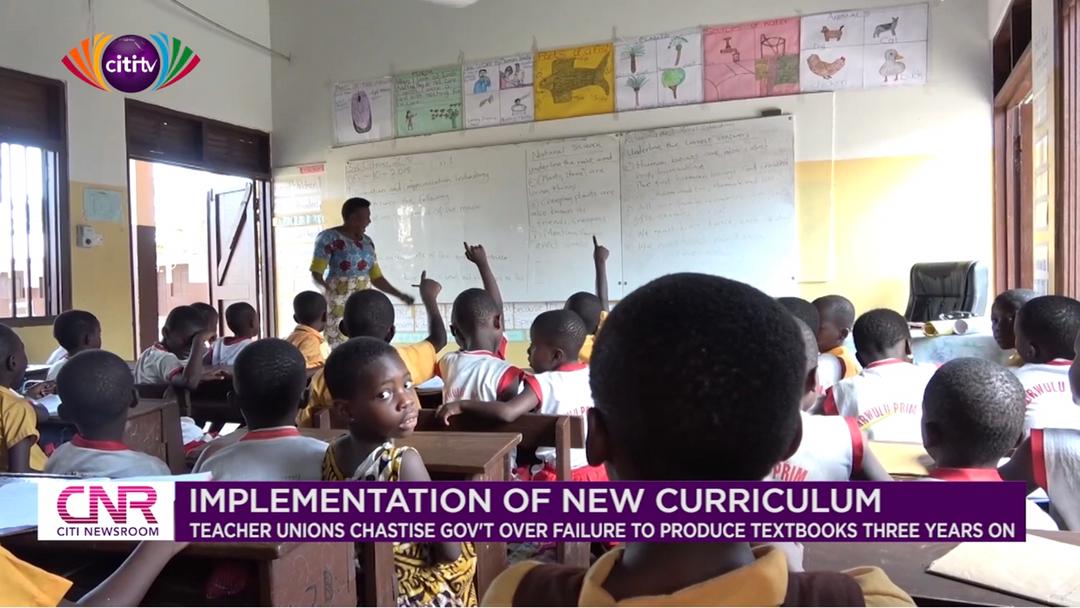
The Executive Director of the think tank, Kofi Asare, told Citi News, “we raised issues about the textbooks – that are the textbooks for the rollout of the new curriculum ready? And if they are ready, are they available in every school from day 1 because, in the past, we’ve had a new curriculum without the complement of textbooks? And then they said we’re working on it; before we saw it, we realized that they were in a hurry to push the curriculum through and start the implementation before the elections.”
“It was obvious that it was a political objective to start the curriculum after they had completed the review. So it was an avoidable mistake. We know it was going to happen, and it has happened”.
A deputy ranking Member on the Education Committee of Parliament, Dr. Clement Apaak said the poor implementation of the programme is a display of the government’s incompetence.
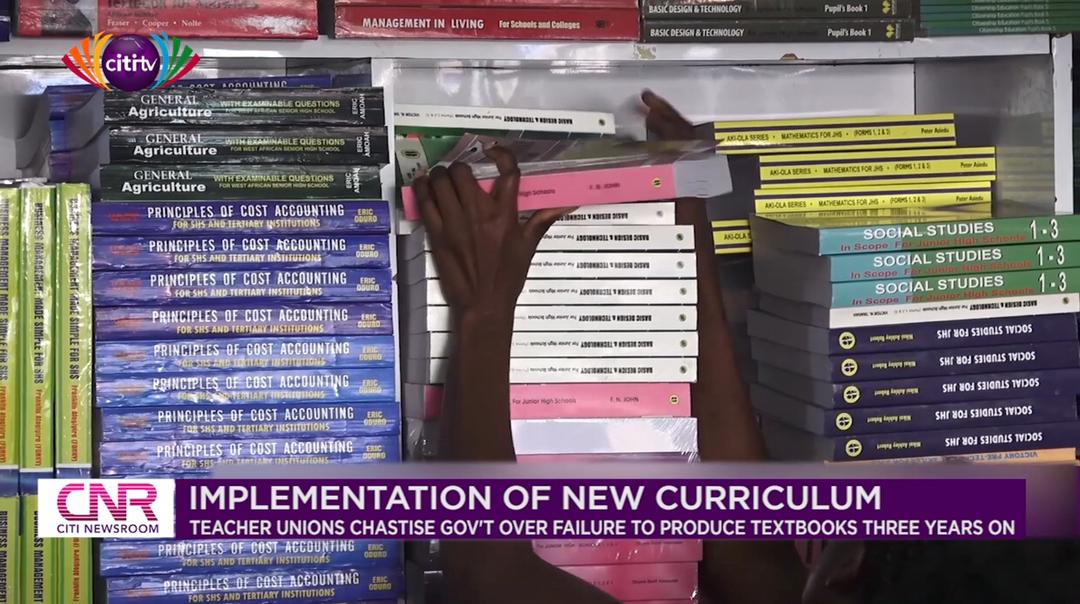
“I think it’s an embarrassment to the government, it exposes government’s incompetence, and it shows that this Akufo-Addo – Bawumia government has never been serious in as far as the welfare of Ghanaians are concerned. It simply does not make sense that the government introduces a new curriculum willingly, not under duress and three years down the line, we still do not have textbooks to complement the new curriculum. Then you ask yourself, how are the teachers teaching the students? How are the students learning?”
What could be the long-term implications of this situation on the performance of students?
The Executive Director of Africa Education Watch, Kofi Asare. said “students do not have the books to continue learning from when they go home which is a fraction of the teaching process. So it means that, if you look at the approach it means that we’re doing even worse than in the previous curriculum.”
“In the previous curriculum, there were textbooks, and even then, we were doing proficiency rate of about 25% for primary six pupils after six years in primary school in Mathematics and English – sometimes, 25% for Mathematics and 20% for English. So it will be ridiculous for anyone to expect that we’ll be scoring higher marks, now that there are no textbooks”.
Dr. Clement Apaak adds that Parliament awaits a response from the Education Minister on the status of the academic materials.
“In response to my follow-up question, I asked the Minister (Dr. Yaw Adutwum) to give us a definite timeline. He told us at the time, and it’s over a month ago, that in three months, the books will be available. We are counting to see whether three months after the Minister answered my questions, we will see the textbooks based
on the new curriculum”.
Teacher unions have resolved to lay down their tools by the end of September 2021 if the books and other concerns are not addressed. They have thus charged the government to urgently ensure the availability of the books.
“Textbooks have no substitute, and we most of a necessity as a people, even if we don’t have money and need to go for loans, we need to get it done; because if at the age of four years, the child doesn’t get it right, within the next three years, do you know what they’ll do? They will drop out of school”.

